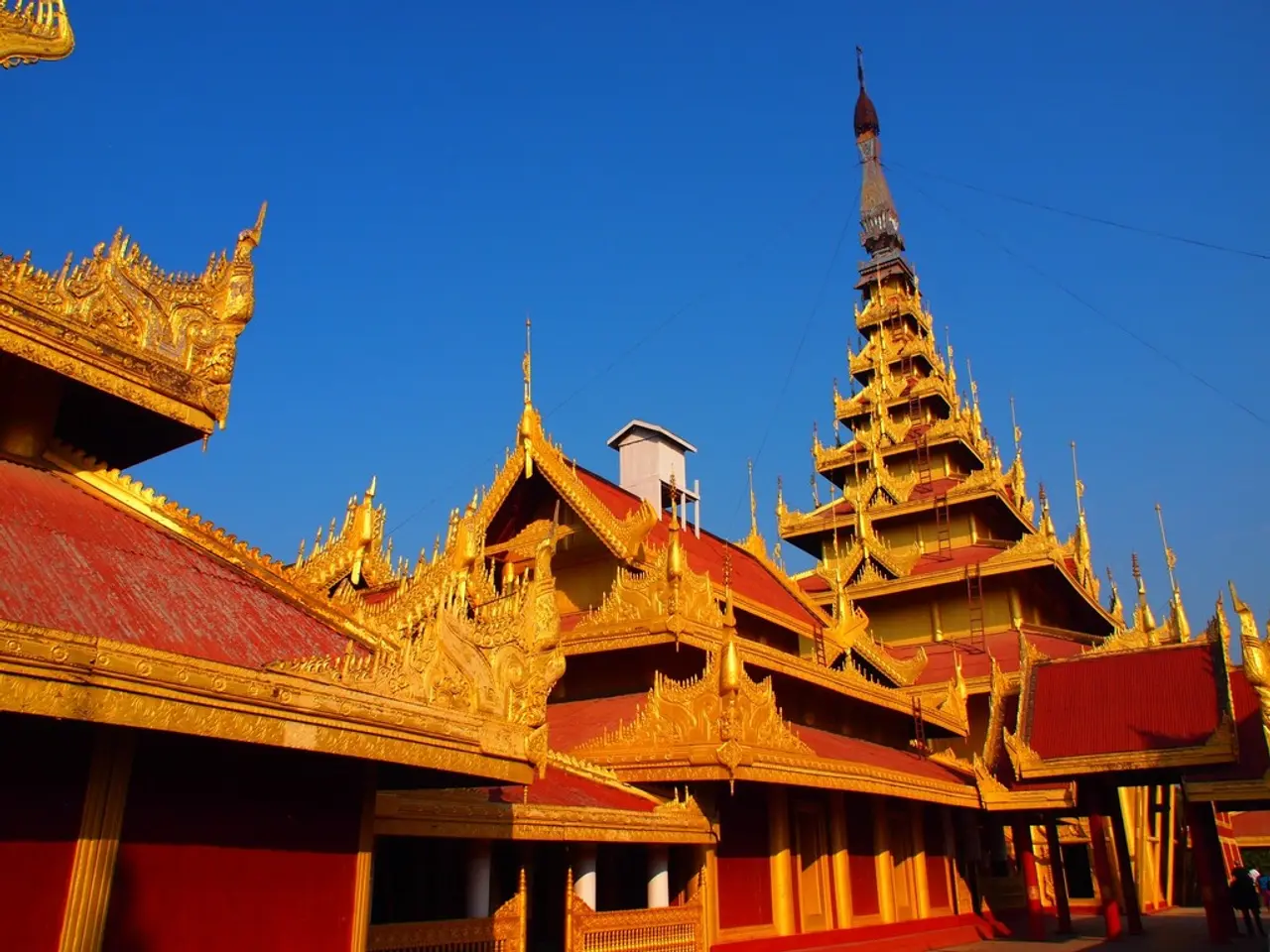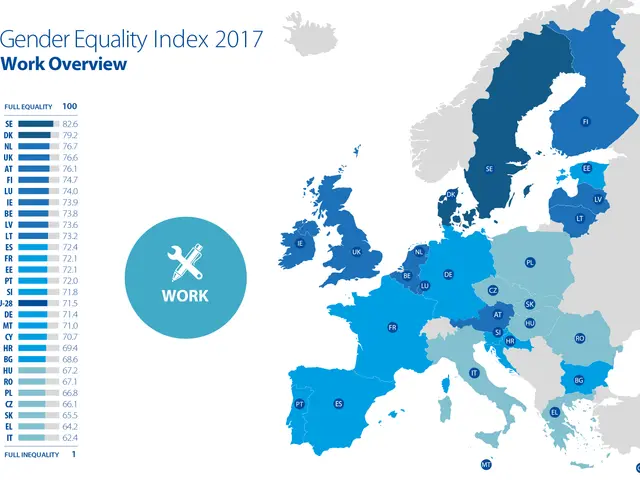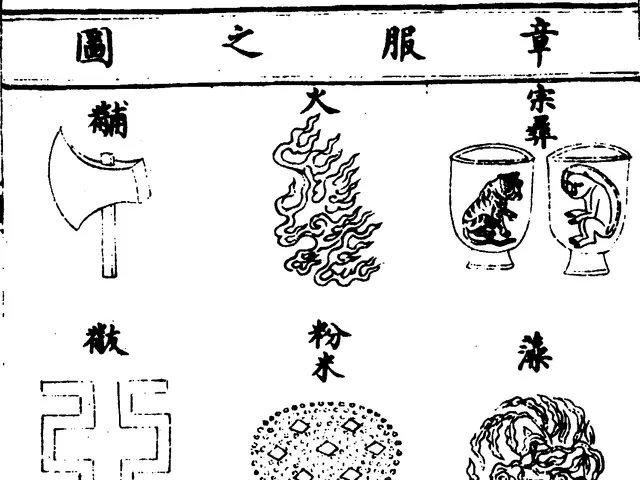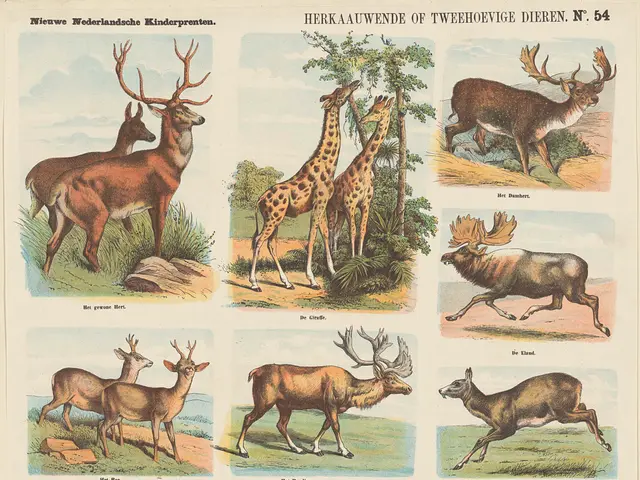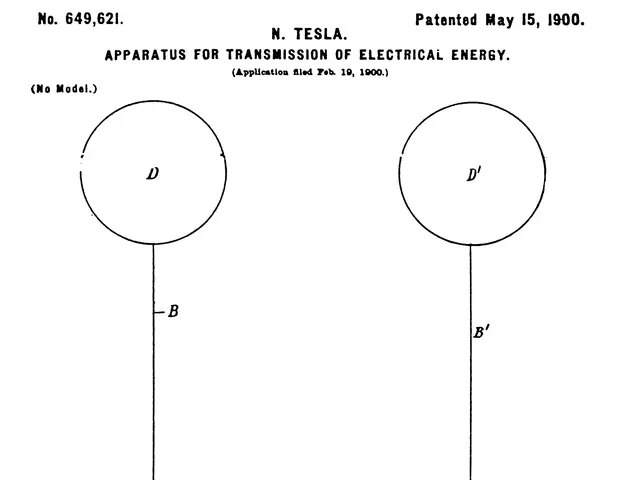Southeast Asia's Affection towards India: Yoga, Cultural Interaction, and More Explored
India's cultural influence in Southeast Asia stretches back centuries, with the spread of Hinduism and Buddhism shaping the region's art, architecture, language, and societal norms. Today, India continues to wield significant soft power in the region, leveraging its rich cultural heritage, economic strengths, and diplomatic engagements to foster deeper connections among the people.
One of the most visible expressions of India's soft power is the growing popularity of Bollywood movies and Indian classical dance performances in countries like Indonesia, Thailand, and Malaysia. This cultural exchange serves as a platform to showcase India's diverse artistic traditions and foster mutual understanding and respect among the people.
Yoga, an ancient Indian practice, has also become a global phenomenon and a powerful tool of cultural diplomacy. Gaining popularity in Southeast Asia, yoga promotes physical well-being, mental health, and spiritual growth, fostering a deeper understanding of Indian culture and philosophy among the people. Numerous yoga centers, workshops, and events are held regularly across Southeast Asia, supported by the Indian government and cultural organizations, enhancing people-to-people connections and cultural exchanges.
India's efforts to promote yoga internationally, including in Southeast Asia, have been instrumental in building lasting cultural ties among the people. The Act East Policy, launched in 2014, aims to strengthen India's ties with Southeast Asian nations through enhanced economic cooperation, connectivity initiatives, and people-to-people exchanges.
India's participation in regional forums such as the ASEAN-India Summit, East Asia Summit, and ASEAN Regional Forum underscores its commitment to regional peace, stability, and prosperity. By leveraging these platforms, India can address regional concerns through collaborative efforts, further enhancing its soft power among the people.
Educational exchanges also play a crucial role in India's soft power strategy in Southeast Asia. The Indian Council for Cultural Relations (ICCR) scholarships enable students from Southeast Asian countries to study in India, fostering lasting friendships and cultural ties among the people.
However, India's soft power in Southeast Asia faces challenges such as competition from other global powers, linguistic and cultural barriers, and geopolitical complexities. Enhancing people-to-people exchanges, leveraging digital platforms for cultural diplomacy, and addressing these challenges will be crucial for India's soft power strategy in the region.
Celebrations of festivals such as Diwali, Holi, and Eid in Southeast Asian countries reflect the diversity and cultural richness of India. These festivals not only promote tourism but also strengthen cultural ties among the people, as people from both regions come together to celebrate shared traditions.
In conclusion, through sustained efforts in cultural diplomacy, educational exchanges, and economic cooperation, India can build a more interconnected and prosperous Southeast Asia-India community among the people in the years to come. By leveraging its cultural heritage, economic strengths, and diplomatic engagements, India can further enhance its soft power in Southeast Asia and contribute to regional integration and development among the people.
Read also:
- Osteoarthritis and premature retirement: Entitlements and advantages
- Uncovering the Purpose and Distinctiveness of Human Fingerprints: An Exploration of Their Significance and Individuality
- Six notable maritime treasures uncovered from historical shipwrecks
- Serves spiritual needs of Native Americans, homeless individuals, and those with hearing impairments in a Colorado church
